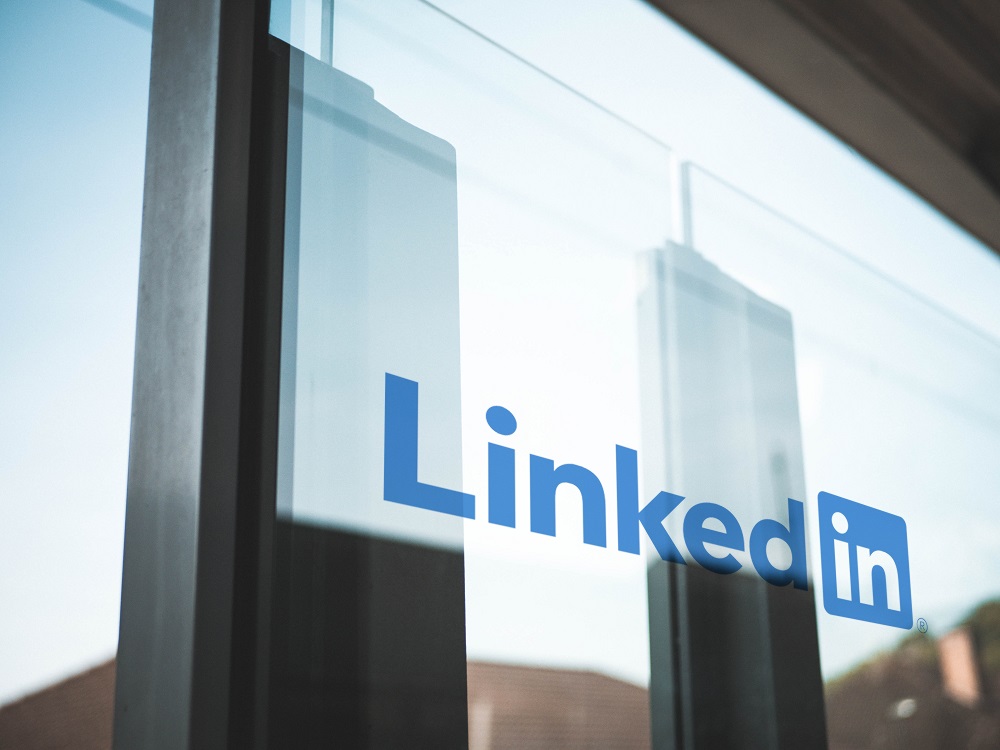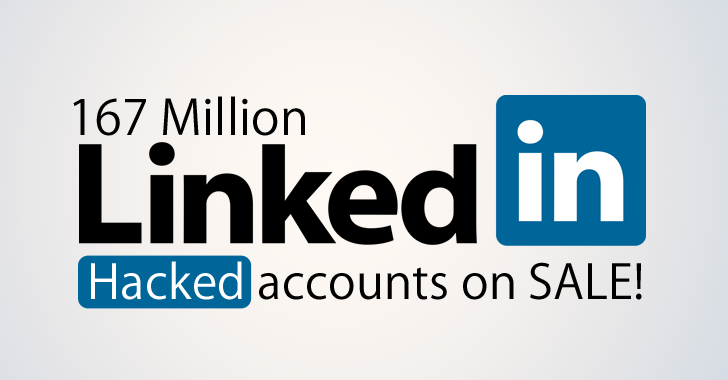
The hacking duo targeted Russian journalists, employees of a Russian cybersecurity company, and Russian officials. They were hired by Russia’s Federal Security Service, the FSB, to get their hands on information belonging to several high-profile persons.

The hack of Yahoo! users was orchestrated by two hackers, Latvian Alexey Belan and Canadian Karim Baratov. After the FBI got involved, it was determined that all 3 billion Yahoo! accounts had been compromised, making it a breach of unprecedented size. At the time, Yahoo! estimated that 1 billion user accounts had been affected, making it one of the worst data breaches of all time. Just three months later, the company came forward again, saying that it discovered another breach that had occurred in August 2013. A state-sponsored actor was suspected to be behind the attack. In September 2016, Yahoo! notified the public that 500 million user accounts had been breached in a 2014 cyberattack. The world’s biggest data breach has recently returned to the front pages because of a class action lawsuit and settlement payments to affected users. It turned out the company was hacked by Russian spies, giving the security breach an even grimmer outlook. It took the company a long time to figure out just how big a data leak it was dealing with, so news kept dribbling out. The flood of ongoing news coverage is understandable. Not only is it the biggest breach according to the number of affected users, but it also feels like the most massive one because of all the headlines. Yahoo! Data BreachĪccording to data breach statistics, the largest data breach in history is the one that Yahoo! suffered for several years. Read on to explore the worst breaches to date, what caused them, how were they discovered, and what consequences we are all still living with.

If the daily news has you wondering about the biggest data breaches of all time, we have answers for you. Cybercriminals are constantly coming up with new ways to access databases loaded with sensitive information they can sell on the dark web or use for future attacks. The opinions expressed in the comment section do not reflect those of DataProt.ĭata breaches by the dozens happen every day.

Some pages may include user-generated content in the comment section. Our website also includes reviews of products or services for which we do not receive monetary compensation.ĭataProt's in-house writing team writes all the site’s content after in-depth research, and advertisers have no control over the personal opinions expressed by team members, whose job is to stay faithful to the truth and remain objective.
Linkedin data breach 2016 series#
DataProt is an independent review site dedicated to providing accurate information about various cybersecurity products.ĭataProt remains financially sustainable by participating in a series of affiliate partnerships - it is visitors’ clicks on links that cover the expenses of running this site.


 0 kommentar(er)
0 kommentar(er)
